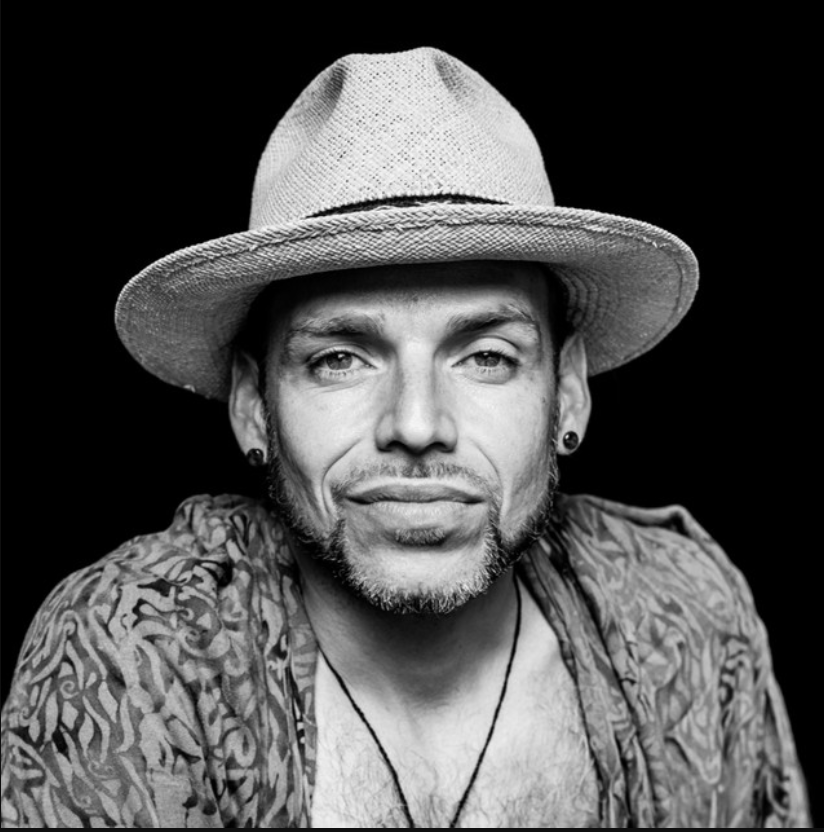
Back To The Beauty Way w/ Poranguí | AMP #409
How do we bring beauty to everything we do?
PoranguÍ refers to this aspiration in the classic phrase the “Beauty Way”, which is the title of his latest coming out Friday, April 21st.
Today’s podcast is a clarion call to put yourself to good use for one of infinite just causes, and make the world a more beautiful place. We cover ongoing struggles of indigenous communities, how to begin the process of returning to the beauty way starting with the self, then rippling out into the world.
Porangui shares a few songs off his incredible album coming this Friday:
Check it out here- https://www.porangui.com/music.html
PoranguÍ refers to this aspiration in the classic phrase the “Beauty Way”, which is the title of his latest coming out Friday, April 21st.
Today’s podcast is a clarion call to put yourself to good use for one of infinite just causes, and make the world a more beautiful place. We cover ongoing struggles of indigenous communities, how to begin the process of returning to the beauty way starting with the self, then rippling out into the world.
Porangui shares a few songs off his incredible album coming this Friday:
Check it out here- https://www.porangui.com/music.html